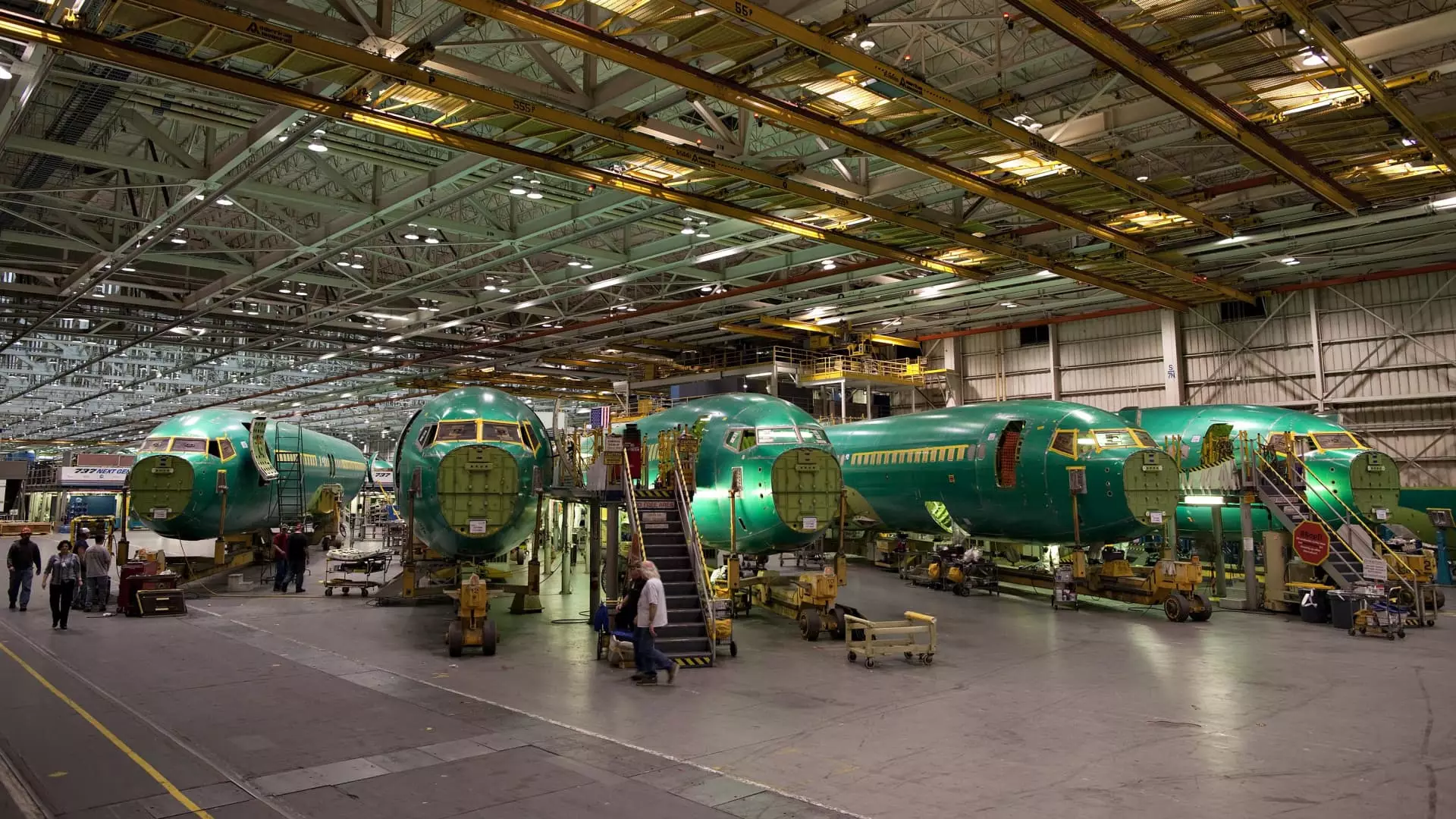Boeing recently announced its decision to acquire Spirit AeroSystems in an all-stock deal. This move comes in the wake of a series of quality control issues that have plagued Boeing over the years. While Boeing believes that acquiring Spirit will help improve safety and streamline production processes, it is important to critically analyze this decision and its potential impact on both companies.
The deal, valued at $8.3 billion, is significant in terms of both equity value and transaction value. However, the fact that Boeing will pay $37.25 a share in stock for Spirit raises questions about the actual worth of the acquisition. With Spirit’s shares closing at $32.87 a share, it is essential to consider whether Boeing is overpaying for the struggling fuselage maker.
Boeing’s decision to acquire Spirit in order to improve safety and quality control is a commendable goal. However, it is important to note that Spirit’s production issues have also contributed to the safety concerns surrounding Boeing aircraft. The fuselage panel blowout on a Boeing 737 Max 9 flight, for example, was a result of a series of production problems, not solely a Boeing issue.
The deal is contingent upon approval from regulators, Spirit shareholders, and Airbus, for whom Spirit produces parts. This raises questions about the potential challenges that Boeing may face in finalizing the acquisition. Additionally, the fact that Spirit’s CEO, Pat Shanahan, is being considered as a replacement for Boeing’s CEO, Dave Calhoun, adds another layer of complexity to the deal.
Airbus has also reached an agreement with Spirit to acquire certain manufacturing lines, further complicating the deal. The compensation of $559 million to Airbus shows the intricate web of relationships and dependencies in the aerospace industry. It remains to be seen how this will impact Boeing’s production processes and overall operations.
The National Transportation Safety Board’s preliminary report highlighted several key production issues, including bolts that were not properly attached and misdrilled holes in fuselages. These issues have not only affected Boeing’s deliveries but have also raised serious concerns about the company’s safety record. The financial losses incurred by Boeing further underscore the severity of these challenges.
While Boeing’s acquisition of Spirit AeroSystems may seem like a strategic move to improve safety and quality control, there are several challenges and risks associated with this decision. It is imperative for Boeing to address the root causes of its production problems and work towards rebuilding its reputation in the industry. Only time will tell whether this acquisition will be successful in achieving the desired outcomes for both companies.

Leave a Reply